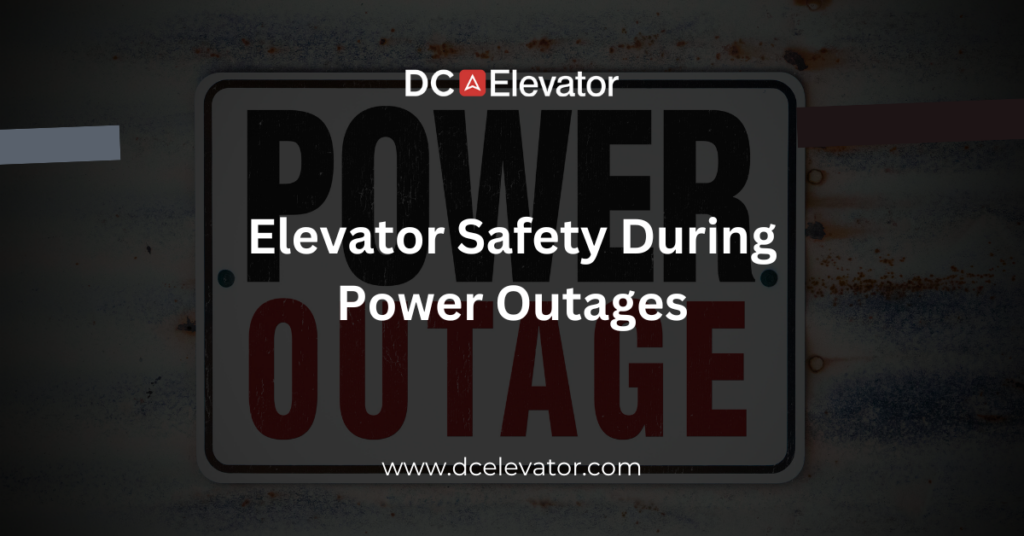Power outages can strike at any time, leaving us temporarily in the dark and disrupting our daily routines. While a power outage in your home can be inconvenient, it can have more severe consequences in larger buildings, particularly for elevator users. In this blog post, we’ll discuss the importance of being prepared for power outages and how elevators are affected.
The Vulnerability of Elevators
Elevators are a lifeline in multi-story buildings, ensuring that residents and workers can move safely and efficiently between floors. However, when the power goes out, elevators can become inoperable, leading to potential issues, particularly in high-rise buildings. It’s essential to understand why elevators are affected during power outages and how to ensure safety.
1. Safety Mechanisms
Elevators are equipped with safety mechanisms that prevent them from plummeting if the power goes out. These systems typically consist of backup power sources, such as batteries or generators, which are designed to lower the elevator to the nearest floor and open the doors, allowing passengers to exit safely.
2. Elevator Shutdown
When a power outage occurs, elevators are often programmed to automatically shut down to prevent passengers from getting trapped between floors. This can be frustrating for those who depend on elevators for mobility, but it’s crucial for safety.
3. Emergency Communications
Elevators are equipped with emergency communication systems, allowing passengers to contact help in the event of a power outage. Be sure to familiarize yourself with these systems and how to use them if you find yourself stuck in an elevator during an outage.
Preparing for Elevator Outages
While elevator safety mechanisms are in place, it’s essential to prepare for the possibility of elevator outages during power interruptions. Here’s what you can do:
1. Mobility Planning
If you or someone you know relies on elevators due to mobility issues, consider creating a backup plan. This might involve having a manual wheelchair, a walker, or an alternate mobility solution on hand for emergencies.
2. Emergency Kits
Prepare an emergency kit for your home or office. Include flashlights, spare batteries, non-perishable food, and a first-aid kit. Having these supplies readily available can make power outages more manageable.
3. Stay Informed
Stay informed about power outages in your area. Follow local news and subscribe to power outage alerts if available. Being aware of the situation can help you make informed decisions.
Community Efforts
In larger buildings, particularly high-rises, community efforts are essential to ensure the safety of all residents during power outages. Building management should have an emergency plan in place, including regular maintenance of elevator backup systems and clear communication with residents.
The Role of Technology
As technology advances, we can expect improvements in elevator safety during power outages. Smart elevators and improved backup systems are being developed to ensure faster response times and smoother operation during emergencies.
